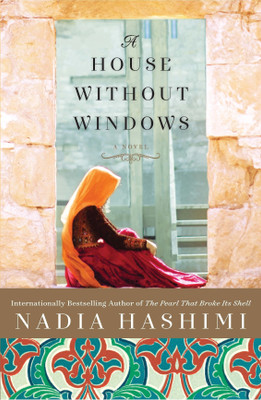
Prince + the Art of War (Edition2024),the (English, Paperback, unknown)
Share
Prince + the Art of War (Edition2024),the (English, Paperback, unknown)
4.3
38 Ratings & 0 Reviews₹291
₹300
3% off
Coupons for you
T&C
Available offers
T&C
T&C
T&C
T&C
Delivery
Check
Enter pincode
Delivery by9 Sep, Tuesday
?
View Details
Highlights
- Language: English
- Binding: Paperback
- Publisher: Diamond Books
- Genre: Fiction
- ISBN: 9789363181212, 93-6318-121-9
- Edition: First, 2024
- Pages: 196
Services
- Cash on Delivery available?
Seller
Description
The Art of War is an enduring classic that holds a special place in the culture and history of East Asia. An ancient Chinese text on the philosophy and politics of warfare and military strategy, the treatise was written in 6th century B.C. By a warrior-philosopher now famous all over the world as sun Tzu. sun Tzu's teachings remain as relevant to leaders and strategists today as they were to rulers and military generals in ancient times. Divided into thirteen chapters and written succinctly, the art of War is a must-read for anybody who works in a competitive environment.,Niccolo Machiavelli, the author, was an Italian. (Born 3rd may 1469, died 21st June, 1527). he was a diplomat, philosopher, historian, politician and writer. He is best known for his book The prince. his notable works are the prince and discourses on livy. the prince is basically a political treatise and a sort of guide for new princes and royals. It was published five years after niccolos death. When he was alive, there was some controversy in his book. It was published only after seeking permission from the Medici Pope Clement VII. The prince is one of the best works of modern political philosophy, in which truth is highlighted rather than any abstract ideas or incidents. The beauty of the text is that it has a recognizable structure and the author has indicated himself in most of the portions. The book narrates mostly about princedoms. That too about hereditary princedoms. its easier to rule. Also, avoids comparison between monarchy and tyranny. Again, the beauty of his writing is that his character of the story, Cyrus the great, is totally different from those who have got their Thrones without any efforts IE as a successor and those who have acquired Crowns after putting their hard labour and efforts. He has cited Roman ways to the new princes. machiavelli has narrated about those kingdoms where one can enter in an easy way but difficult to hold such a kingdom. He has given one such example also IE, of France. He also writes that reforming an existing order is one of the most dangerous and difficult things for a prince, because in most of the cases the subjects are against or resistant to any such change or reform. Moreover, it is very difficult for the prince to satisfy or come out with everyone expectations. Other situations, when a prince comes to power due to his destiny then it will be very difficult to hold it for a long time. Some exceptions are always there. even if a prince is overly generous to his subjects, that situation will also not be appreciated and will cause greed for more. So, different sorts of kingdoms, princedoms need different styles of controlling any realm. The author has put his best efforts in narrating all such types of realms. The work is really commendable and very much beneficial to the rulers. a must read book for self development and how to be a good leader.
Read More
Specifications
Book Details
| Imprint |
|
| Publication Year |
|
Contributors
| Author Info |
|
Additional Features
| Age Group |
|
Ratings & Reviews
4.3
★
38 Ratings &
0 Reviews
- 5★
- 4★
- 3★
- 2★
- 1★
- 22
- 9
- 4
- 1
- 2
Have you used this product? Be the first to review!
Be the first to ask about this product
Safe and Secure Payments.Easy returns.100% Authentic products.
Back to top










